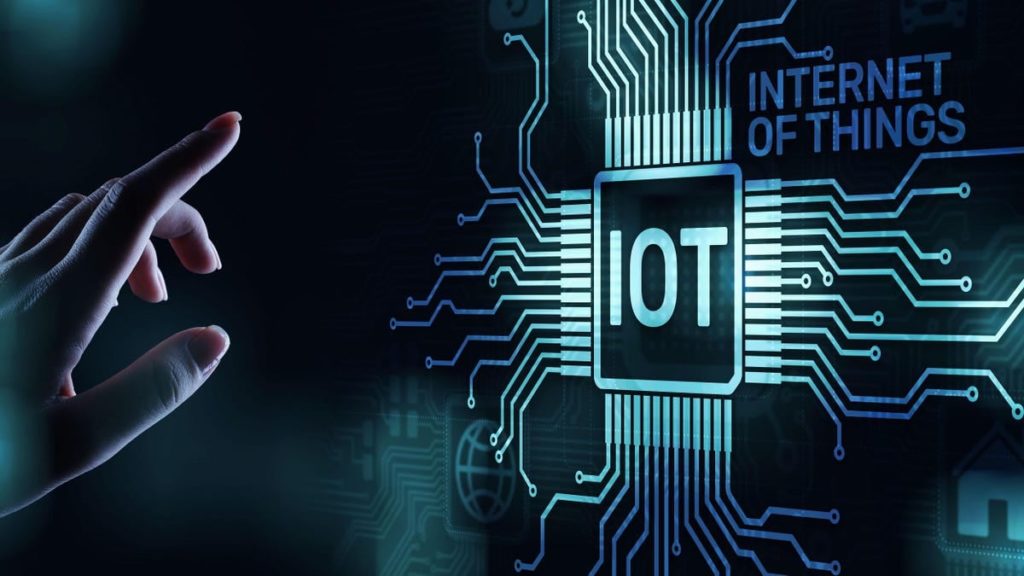
EcoThings is a innovative educational project, funded by the KA220 Call of the Erasmus+ Programme, developed by the Polytechnic University of Valencia (Spain), Santiago Apóstol Primary School (Spain), Stando Ltd. (Cyprus), Wyliodrin Srl (Romania) and Turan Erdogan Yilmaz Fen Lisesi (Turkey).
Our project’s main goal is Implementing cutting-edge technology through a solid pedagogical basis, making it available to every type of school (primary and secondary) and social background (mainstream and low-income). That is why we chose to develop as the main Project Result (PR) a low-cost innovative Internet of Things pedagogical pack, which includes hardware, open source educational software, app design, electronic hardware, implementation guidelines, MOOCs and an e-learning platform where all the methodology will be presented in a user-friendly way.
We aim to use the Internet of Things approach in the classroom as a trans-disciplinary subject that will enable students to improve their Mathematics, Physics and English skills, but also soft skills like communication, collaboration, creativity, critical thinking, assertivity and resilience.
In order to reach that goal we will apply Lev Vygotsky’s Social Learning Theory to Internet of Things teaching: we will create the conditions to appropriately use the Zone of Proximal Development through the implementation of the Interactive Groups method. We will first train the involved teachers in programming, app design and electronics, then we will set up eco-technology courses at each partner school. These courses will provide effective feedback to modify and improve the software (available in two versions: primary and secondary school) and the hardware (which will include 3D printing and laser cut technology with recyclable materials, in order to have eco-friendly outputs), thus enabling us to design technological guidelines to help teachers use PR1 and PR2 in their classes.
During the third year of the project, in spring 2024, we will carry out the blended mobility of students, during which the Turkish secondary school students will teach the Spanish primary school students. It will be executed using Vygotsky’s Social Learning Theory: the more experienced students will teach the others, organised in groups of five members: one trainer and four trainees (Interactive Groups method). Upon the LTTA completion we will be able to deliver also pedagogical guidelines, that will provide teachers from all over Europe with relevant information about how to effectively use the innovative technology we propose (PR3).
It is important to highlight the social inclusion component in our project: we will select pupils and children coming from very different social backgrounds, some of which belong to Roma families at risk of social exclusion.
In order to disseminate the project results effectively, we will create MOOCs in Spanish and English, with subtitles in Romanian, Turkish and Greek, and gather them on a specific YouTube channel, available online for free all over the world. The software, the technological and pedagogical guidelines and the MOOCs will be available for at least ten years on a specially-designed e-learning platform, edited by both the teachers and students involved, with detailed information about all project stages (PR4).
Link to the Erasmus+ Project Results Platform:
https://erasmus-plus.ec.europa.eu/projects/search/details/2021-1-ES01-KA220-SCH-000034349